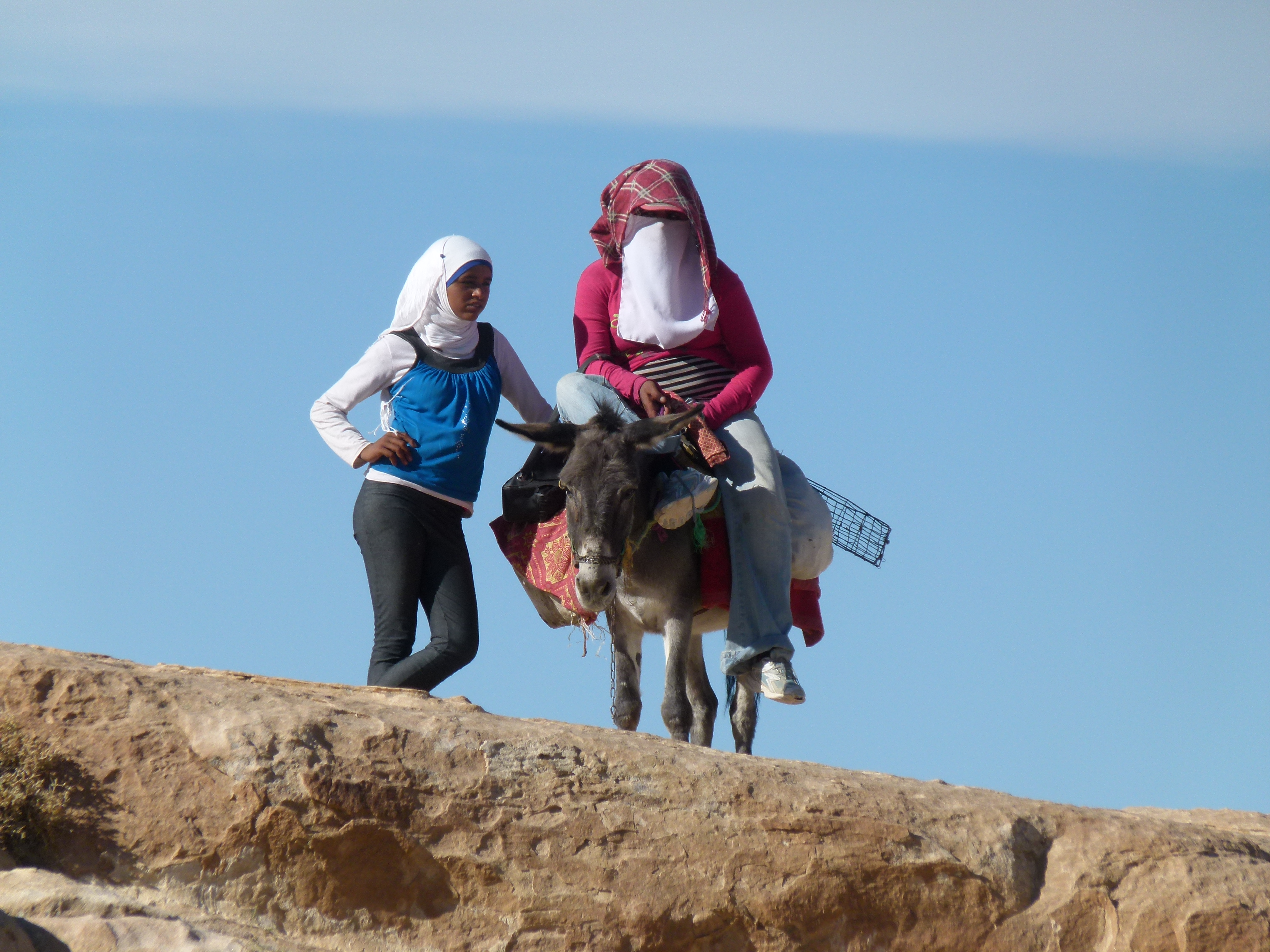
"Goodbye Rat Race Hello Backpack"
"Amusing Stories Of Living
In A Greek Island Mountain Village"
"Amusing Stories Of Living
In A Greek Island Mountain Village"




